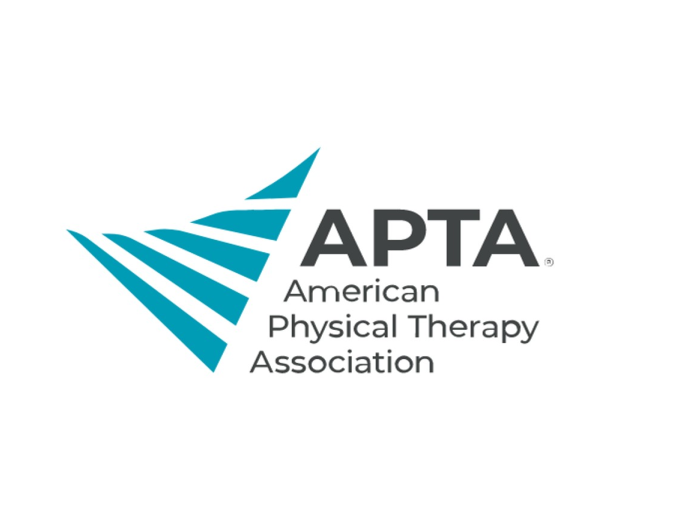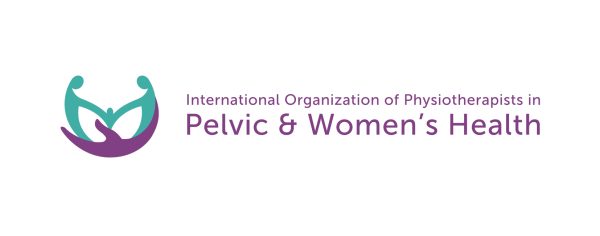About Us
Academy of Pelvic Health Physical Therapy (APTA Pelvic Health)
Who We Are

The Academy of Pelvic Health Physical Therapy (formerly Section on Women’s Health and formerly Section on Obstetrics and Gynecology) is a 501 (c) (6) non-profit professional membership association of more than 4,000 physical therapists (PTs), physical therapist assistants (PTAs), and student physical therapists (SPTs). The Academy offers continuing education courses with hands-on lab training, recognized certification programs, access to the Journal of Women's and Pelvic Health Physical Therapy (JWPHPT), Clinical Practice Guidelines, PT Locator, research grants, scholarships, networking opportunities, and a plethora of other resources for members and patients.
Vision Statement
A world that prioritizes optimal pelvic and abdominal health at every life stage.
Mission Statement
Advancing pelvic and abdominal health physical therapy to elevate the profession, empower individuals, and serve society.
Affiliations
American Physical Therapy Association

The Academy is an affiliate component association of the American Physical Therapy Association (APTA). The APTA is the professional organization for more than 100,000 physical therapists, physical therapist assistants, and students of physical therapy and a community of 68 affiliated components consisting of state chapters and specialty academies, and sections. While the Academy is a component under the APTA umbrella, it manages its operations separately and has its own mission, vision, and offers an additional set of benefits, events, and programs, geared toward the pelvic and abdominal health physical therapy specialty. To become a member of the Academy, one must become a member of APTA and a State Chapter.
International Organization of Physiotherapists in Pelvic & Women's Health
The Academy is an organization member of the International Organization of Physiotherapists in Pelvic & Women's Health (IOPPWH). IOPPWH's mission is to be the international voice of physiotherapists working in the field of pelvic and women’s health.
History
- 1977 - Elizabeth Noble founded the Academy of Pelvic Health Physical Therapy (formerly called Section on Women’s Health of the American Physical Therapy Association) in 1977 under the original name of the Section on Obstetrics and Gynecology. The professional association served as a resource for continuing education and knowledge needed by physical therapists interested in the healthcare of women before, during and after pregnancy. Click on the timeline below to explore our journey from the past to the present.
- 1995 - Members voted to change the Section name in 1995 to Section on Women’s Health (SoWH) to mark the specialized education required to address women’s physical therapy needs.
- 2011 - In 2011, the organization updated its mission and vision statements to recognize SoWH members who also treat males affected by incontinence, pelvic pain, fibromyalgia and osteoporosis.
- 2014 - In July 2014, Section on Women’s Health Board of Directors approve the creation of the Name Change Task Force based upon member feedback. The NCTF Task force was created and included: Carrie Pagliano – Chair, Jill Boissonnault, Secili DeStefano, Dan Kirages, Rebecca Stephenson, Mikki Townshend, Tamra Wroblesky.
- 2015 - In 2015, the task force IDs the purpose, overview of our history, considerations moving forward (Academy, role internationally, DSP) ID additional member feedback opportunities. Section on Women’s Health conducts the first Name Change Membership survey. The Name Change Task Force created and distributed a survey to ask members if they are in favor of a potential name change. Based upon member interest in a name change, the Name Change Task Force asks itself whether a consultant is needed to move forward. Identifies need for Consultant. Requests support from BoD. The Name Change Task Force has been tasked with exploring a potential name change for the Section on Women’s Health (SoWH). The Task Force is gathering information from current practitioners regarding a potential name change. The SoWH Board selects Navigate Strategies as the Name Change and Branding consultant.
- 2016 - In 2016, thought leader discovery interviews were conducted with Navigate Strategies at CSM 2016 and the Name Change Town Hall at the General Business Meeting. The consultant develops a survey to distribute to the membership resulting in 314 member responses. The survey addressed what is important to section members. Consultant looks into the description of specialty practice (DSP) and reviews pilot study. Initial pilot data points to variability in practice patterns compared to 10 years ago. The task force submits initial branding proposal to the SoWH board for review at their Summer Board Meeting. The SOWH Board of Directors draft new mission, vison and strategic plan. The Board of Directors to roll out to the membership.
- 2017 - The Board gathers input from APTA regarding bylaws change (must vote in person at CSM on name change/bylaw change per our own bylaws). Call with Women’s, Men’s, and Pelvic Health, Physiotherapy AUS, representatives from IOPTWH and Navigate consulting to review their recent name change and decision process. ABPTS raw data from DSP Revalidation Study demonstrates significant change in the number of therapists working with populations other than women, especially men. The Name Change Task Force finalizes list from 9 names to 4-5 for final review. NCTF unanimously votes to submit “Academy of Women’s, Men’s and Pelvic Health Physical Therapy” as recommendation for SoWH BoD approval. Acronym will be identified pending membership approval. The SOWH Board of Directors supports recommended name change and distributes membership survey to get members’ input. The Board meets to review inconclusive survey results; Votes to not move forward with proposed name- Academy of Women’s Men’s & Pelvic Health Physical Therapy. NCTF sunsetted with final recommendations given to Board in June 2017.
- 2018 - The Board meets at CSM New Orleans facilitated by Susan Iris of Navigate. Reviews past survey data, membership share & care forms, past feedback/NCTF, town hall input. Consideration of who versus what we treat versus who and what. Based on survey results, the Board share name change proposal and rationale to the membership for the name, “Academy of Pelvic Health Physical Therapy.” The Board submits the name change request to the APTA for approval.
- 2019 - The APTA board approve the new name and the SoWH holds membership vote. The name change represents an evolution of the Section on Women’s Health. The passion, vision and willingness to forge new paths inherent in women’s health physical therapists allowed our specialty to grow and thrive. This next part of our journey embraces those same characteristics, and ensures our core value of inclusiveness is apparent to both practitioners and patients. By placing the focus on what we treat, we will help reduce barriers to access. The term “academy” is also a better descriptor for the organization’s current role as an expert body in healthcare provider issues related to healthcare and payment reform. It also embodies how we serve as liaisons to various external groups. The time is now to make the name change that better reflects the Section’s role internally and externally and that better aligns with the mission, vision and strategic plan of the Section.
- Present - The Academy of Pelvic Health Physical Therapy (APTA Pelvic Health) continues to focus on its role as a vital resource for physical therapists interested in continuing education, research and lab training from leading physical therapists. Members also receive the Journal of Women’s Health Physical Therapy, networking opportunities, a voice in advocating for physical therapy patients and the profession, specialized sessions at APTA conferences and more. Today, however, the scope of practice for more than 3,800 SoWH members has widened to include myriad health abdominal and pelvic concerns of women, men and children: incontinence, pelvic/vaginal pain, prenatal and postpartum musculoskeletal pain, osteoporosis, rehabilitation following breast surgery, lower back pain, lymphedema, conditions specific to the female athlete, fibromyalgia, chronic pain, wellness and exercise.


